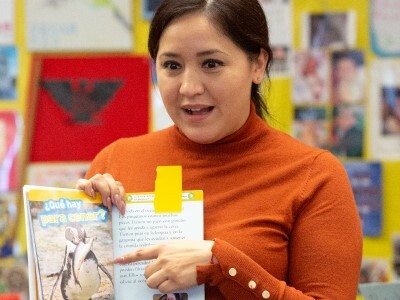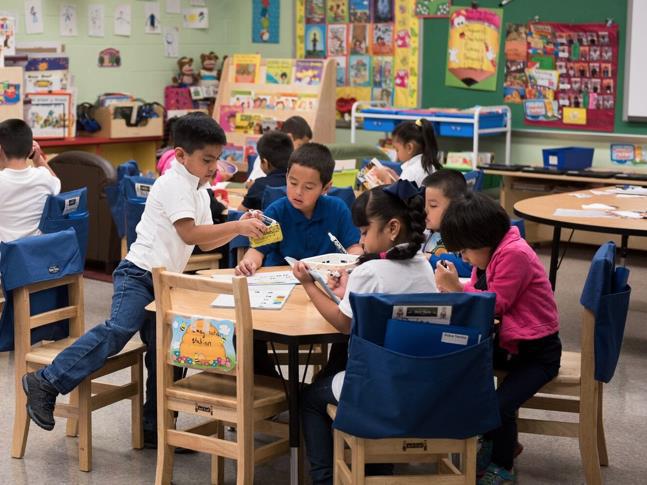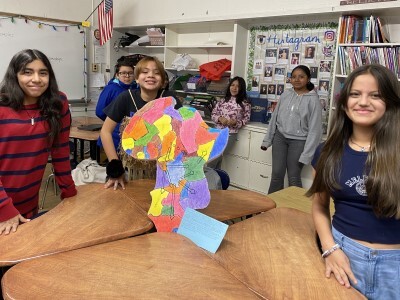A New Paradigm for PD: The Modern Classrooms Project
Topics
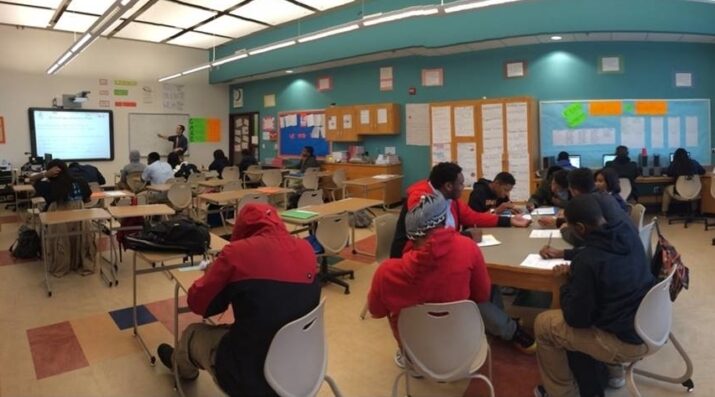
Educators are the lead learners in schools. If they are to enable powerful, authentic, deep learning among their students, they need to live that kind of learning and professional culture themselves. When everyone is part of that experiential through-line, that’s when next generation learning thrives.
Teacher professional development is too often disconnected from our actual classrooms. So we tried something new: teacher-designed PD.
For educators like us, August is the most anticipated month of the year. The start of a school year brings with it countless opportunities for us to improve our craft—new ideas, new colleagues, and new students. This year, we wanted to try something else new: teacher-designed PD.
We think of ourselves as lifelong learners, and we know that effective PD can inspire reflection, discussion, and both personal and professional growth. In our experience, however, PD is too often disconnected from our actual classrooms, and as a result doesn’t give us tools that we can actually use. Moreover, the traditional one-size-fits-all approach to PD lacks differentiation, and therefore fails to meet the needs of teachers who have a wide variety of skill sets and years of experience.
We had a different vision. Both of us are math teachers who have spent years developing what we consider a more modern method of teaching: a blended, self-paced, mastery-based approach that puts students in control of their own learning experiences. We have achieved success transforming our classrooms and wanted to share this model with our colleagues and the world at large. So we figured: why not create a workshop, based on our core principles, that helps teachers create modern classrooms of their own?
In an effort to scale our classroom models through effective PD, we’ve created The Modern Classrooms Project, a nonprofit organization that supports our approach to teaching and learning. We led our first training this summer.
Our goal was to replace the traditional model of teacher PD with a fellowship program that would reach the diverse group of teachers who expressed interest in our workshop. Our personalized approach would give teachers the time and structure to develop units that meet the unique needs of their students. To do so, we applied the same learner-centered pedagogy that we use in our own classrooms and created a weeklong, self-directed workshop with five modules to help teachers build classrooms that are:

Our first cohort of fellows is incredibly diverse—in one room, we trained teachers from four different content areas, at both the middle- and high-school levels—but the results were remarkably consistent: teachers loved it. At the end of the workshop, fellows were asked to rate their level of agreement with the statements below:
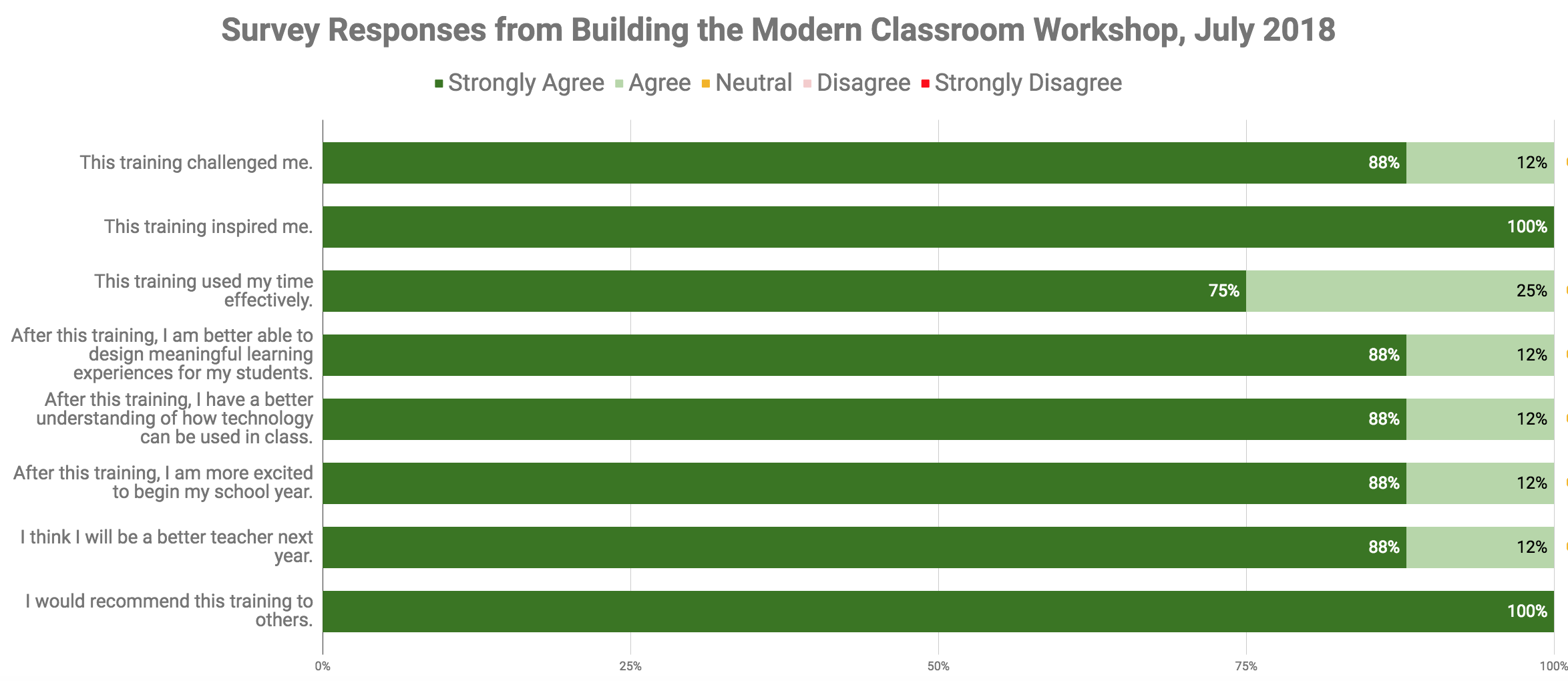
One veteran teacher called the workshop “a really empowering experience that helped me feel even more excited and passionate about my role as an educator.” Another called it “highly engaging and productive.” A third wrote that if she could tell fellow teachers about the training, she “would tell them to do it... right now. Your thoughts about and methods of teaching will change forever." And a fourth teacher summarized her experience by writing: "I haven't been this excited to start the school year in many years. Now I have to get to work."
We hesitate to draw sweeping conclusions from an admittedly small sample size. Yet even this limited experience has taught us a few important lessons:
- Teachers appreciate independence and flexibility in their PD time.
- A blended, self-paced, mastery-based approach to professional development allowed every teacher in our workshop to use their time as effectively as possible.
- When teachers are given meaningful work to do and the time and support they need to do it, they can accomplish amazing things.
This workshop may have been a success, but we’re not finished yet. We are currently working to put our workshop materials online to be free and accessible to anyone who is interested in creating individualized learning experiences—whether for students, teachers, or both. The new, flexible online PD course launches Fall 2019.
Finally, we’re excited to announce that in the coming months, our first cohort of Modern Classroom Fellows will share their personal experiences with blended, self-paced and mastery based instruction through blog posts of their own. We hope you’ll find their perspectives as enlightening as we found them during our workshop. And who knows? You could be one of our next Modern Classroom Fellows.


